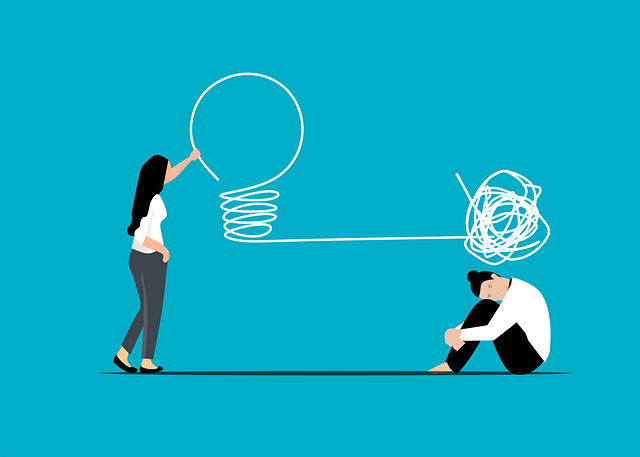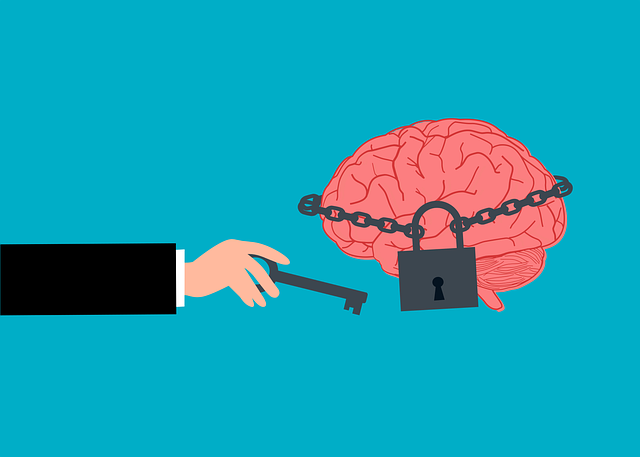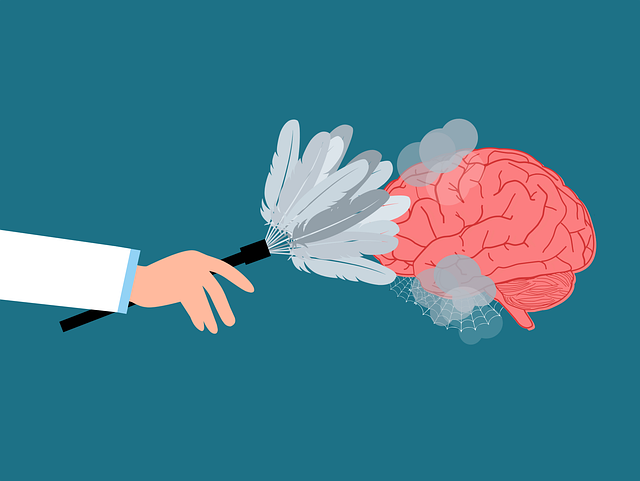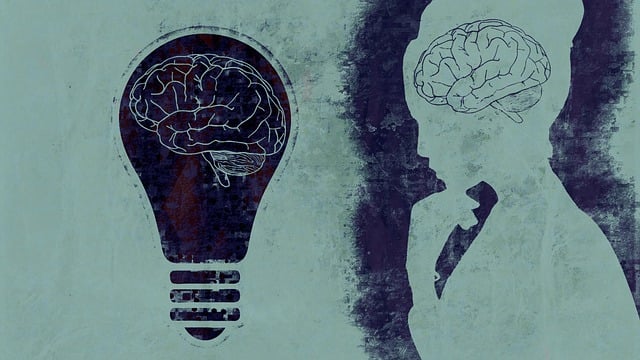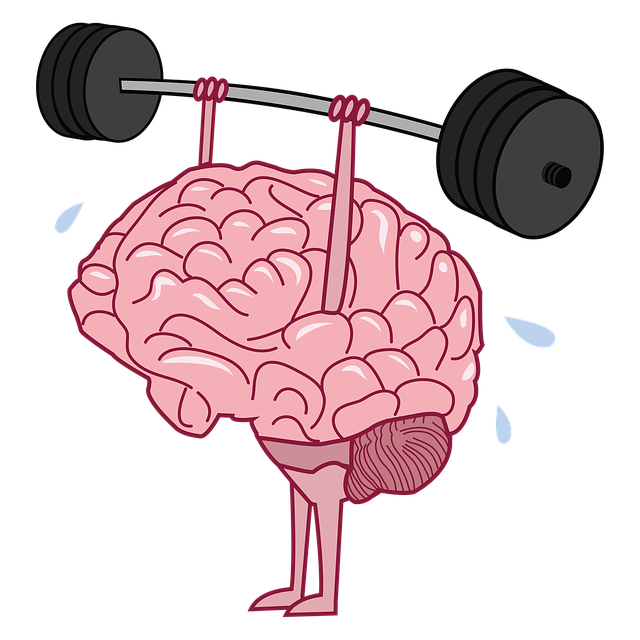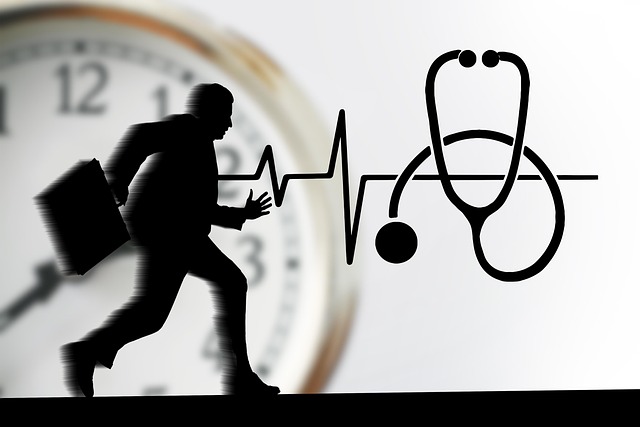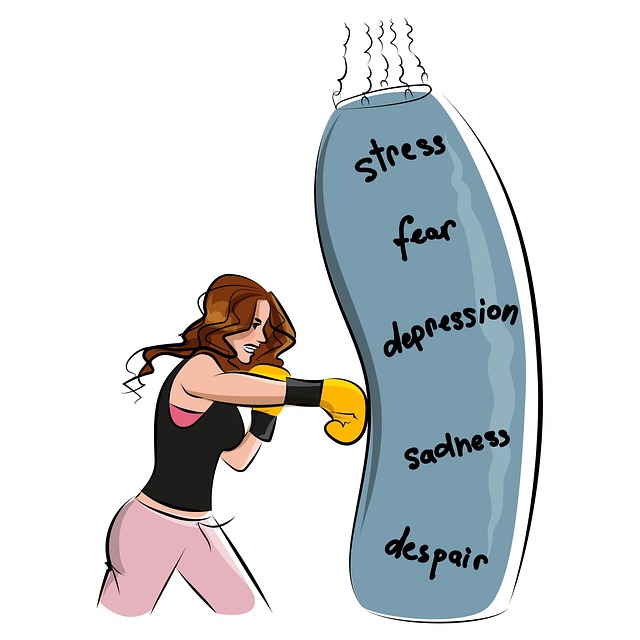Biofeedback therapy is a game-changer for adolescent teens dealing with physical, emotional, and social changes. This non-invasive approach teaches teens to manage stress, anxiety, and anger by controlling physiological processes like heart rate and muscle tension, thus improving self-esteem, emotional intelligence, and coping strategies. By integrating biofeedback into therapeutic practices, mental health professionals can proactively identify early signs of issues like depression and anxiety disorders, enabling them to provide holistic care that equips teens with the skills to take charge of their emotional well-being.
Coping skills development is a vital aspect of adolescent teen development, enabling them to navigate life’s challenges and stresses effectively. This article explores the significance of coping skills in adolescence, focusing on biofeedback as a powerful tool for teaching teens effective strategies. We delve into the practical applications and benefits of biofeedback therapy, highlighting its potential to empower adolescents with self-regulatory abilities, fostering resilience and overall well-being.
- Understanding Coping Skills and Their Significance in Adolescent Teen Development
- The Role of Biofeedback in Teaching Effective Coping Strategies to Teens
- Practical Applications and Benefits of Biofeedback Therapy for Adolescents
Understanding Coping Skills and Their Significance in Adolescent Teen Development

Coping skills are essential tools for adolescent teens navigating the complexities of adolescence and fostering their overall development. These skills refer to the strategies individuals use to manage and reduce stress, cope with difficult emotions, and overcome life challenges. For teen girls and boys, developing robust coping mechanisms is vital during a period marked by significant physical, emotional, and social changes.
In the context of therapy for adolescent teens, biofeedback is an effective technique that aids in self-esteem improvement and mental wellness coaching programs development. By teaching them to recognize and regulate their physiological responses to stress, biofeedback empowers teens to take charge of their mental wellness. This process allows them to develop healthier coping mechanisms, such as relaxation techniques and emotional regulation strategies, which can have long-lasting positive effects on their mental health and overall well-being.
The Role of Biofeedback in Teaching Effective Coping Strategies to Teens

Biofeedback is a powerful tool that plays a pivotal role in teaching effective coping strategies to teens. This non-invasive therapy for adolescent teens involves helping them gain control over physiological processes like heart rate and muscle tension, which are often involuntary responses to stress. By using sensors to provide real-time feedback on these bodily functions, biofeedback offers a unique approach to enhance emotional intelligence and empathy building strategies. Teens learn to recognize their body’s reactions and subsequently, develop healthier ways of managing stress, anxiety, or anger.
Incorporating biofeedback into coping skills development can significantly contribute to fostering self-care practices among adolescents. Through regular sessions, teens become more attuned to their bodies’ signals, enabling them to make informed decisions about their well-being. This increased emotional awareness allows them to employ various relaxation techniques and adaptive coping strategies in different situations, thereby promoting better mental health outcomes and overall resilience.
Practical Applications and Benefits of Biofeedback Therapy for Adolescents

Biofeedback therapy is a powerful tool with practical applications for adolescent teens, offering numerous benefits that can significantly enhance their overall well-being. This non-invasive treatment method equips young individuals with essential coping skills to manage stress, anxiety, and mood swings effectively. Through biofeedback, adolescents learn to control physiological responses, such as heart rate and muscle tension, which are often indicators of emotional states. By understanding these connections, they can employ relaxation techniques and modify their behavior, leading to improved mental health and better decision-making abilities.
The advantages extend beyond immediate stress reduction. Regular biofeedback sessions can contribute to a comprehensive risk assessment for mental health professionals, helping them identify early warning signs of potential issues. This proactive approach is particularly relevant in addressing emerging mental health concerns among teens, including depression and anxiety disorders. Moreover, integrating biofeedback into therapeutic practices aligns with the mental health policy analysis and advocacy efforts, promoting holistic care that empowers adolescents to take charge of their emotional well-being.
Coping skills development is a vital aspect of adolescent growth, and biofeedback therapy offers an effective approach to empower teens in managing stress and emotional challenges. By integrating biofeedback into their coping skill repertoire, adolescents can gain greater control over their physiological responses, leading to improved mental well-being. This evidence-based method not only enhances self-awareness but also provides long-lasting tools for navigating life’s complexities, ensuring a brighter and more resilient future for young individuals. Biofeedback therapy, as a game-changer in the realm of adolescent support, holds promise for fostering resilience through practical applications that resonate with today’s teens.





